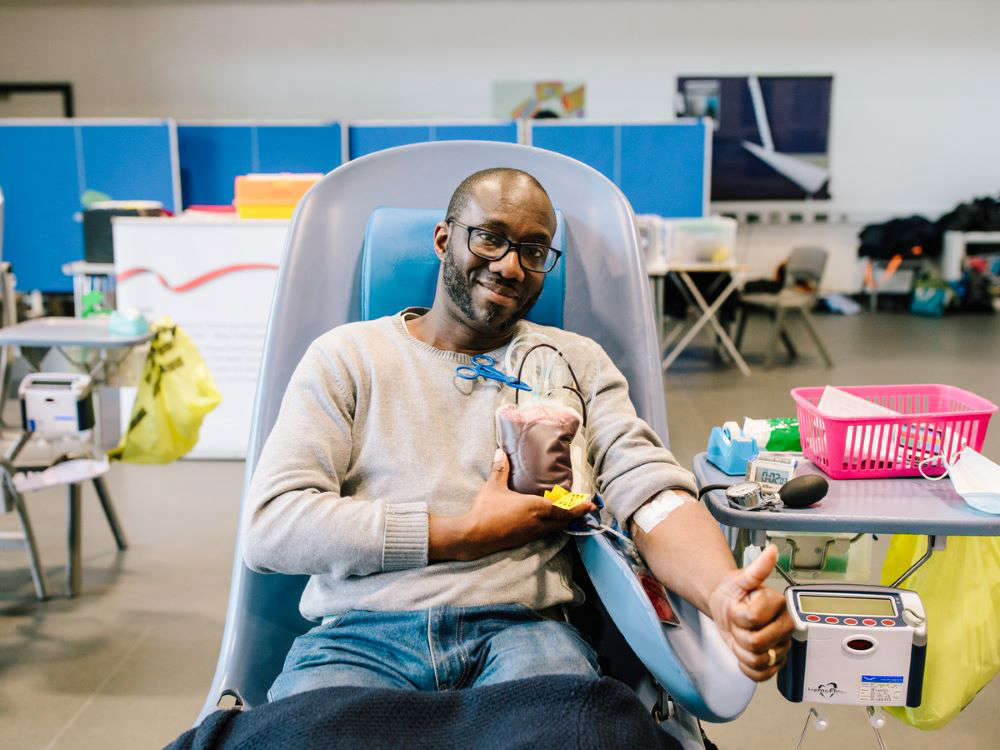
Found a new friend online? Beware! They might not be what they seem
Some interesting facts:
· 37% of singletons in the UK have fallen victim to a romance scam, over half never believed it would happen to them and 13% have fallen for them multiple times
· 18% of all singletons are adamant it could never happen to them…
· BUT the majority (87%) don’t follow verification methods as they think they are safe – exactly what romance scammers hope for
· 40% of all romance scams occur during the summer months when people are more likely to use dating apps (59%) – meaning we are about to enter “Swindle Season”
· 26% of respondents blamed victims for falling for romance scams, attributing fault to them more than any other type of fraudulent activity, leading to victim blaming and added emotional distress.
Case Study One: Rachel Elwell, 52, from Walsall - Rachel Elwell, a victim of a dating scam, is determined to fight for her money after being told by banks that she is not eligible for any refunds. Rachel lost nearly £113,000 to a scammer she met on a Facebook dating app. She believed that banks should refund victims who were deceived into transferring money out of their accounts, according to a voluntary code. However, her banks, HSBC and Santander, have refused her refund claims. Rachel feels like she has been robbed twice and is seeking an impartial review by the ombudsman. Both banks argue that they provided sufficient fraud warnings, but Rachel intends to pursue her case further.
Case Study Two: “Callum” (wishes to remain anonymous so name has been changed), 19, from London, "I matched with a girl named Ann who seemed flirtatious but suspicious. She refused to verify herself and later turned out to be a scammer who hacked the system to access my phone number. I blocked her and reported the incident to the dating app. Following this, I received spam messages, highlighting the importance of protecting personal information."
Recent statistics reveal an alarming rise in romance scams in the UK, causing heartbreak and financial loss. Nearly 37% have fallen victim, with about 13% suffering more than once. Of these victims, 56% were asked for money but declined, 13% gave money, and 18% were targeted for personal details.
The scams show that about 18% of victims thought they were immune, while financial exploitation was common. Roughly 14% met fraudsters posing as military personnel, and 17% were manipulated into providing gift cards. Disturbingly, 10% of victims found their intimate content used for blackmail.
Despite these threats, 87% of individuals do not follow verification methods. About 85% generally trust people they meet online, making it easier for scammers to exploit them. Respondents felt uncomfortable or awkward asking for verification, with 24% worrying about appearing untrusting.
Most romance scams (40%) occur in the summer. Despite the risks, victims often face blame, with 25% of respondents believing victims were at fault. In response, protective measures such as surname research, seeking mutual friends, video calls, and identity proof are recommended.
This issue demands awareness, education, and vigilance from both individuals and authorities. By being cautious and implementing verification measures, we can protect against romance scams and create a safer online environment.
How to outsmart a dating scammer:
Conduct research: Before fully engaging with someone you meet online, take the time to research and verify their identity. Perform a reverse look-up search of their profile picture to check if it matches other names or details. Search for their name and details online to see if their story checks out.
Be cautious with personal information: Minimize the chances of being targeted by a potential romance fraudster by avoiding oversharing personal details publicly on social media. Take things slowly in any new online relationship and ask lots of questions. If the person you're interacting with is evasive or avoids answering questions, it should raise serious red flags.
Never send money or compromising content: It goes without saying that you should never send money to anyone you haven't met in person. Avoid opening new bank accounts for someone you've only interacted with online. Additionally, refrain from sending compromising photos or videos, as these can be used against you in blackmail attempts.
What to do if you suspect you have become a victim:
If you suspect that you have fallen victim to a romance scam, it's crucial to take immediate action to minimize the damage. Here's what you should do:
· Cease all communications: Stop all contact with the individual involved in the scam immediately. Cut off all ties to protect yourself further.
· Seek outside opinions: Talk to a trusted friend or family member about the situation. Getting an honest opinion from someone outside the situation can provide valuable insights.
· Contact gift card providers: If you made any payments to the scammer via gift cards, contact the provider immediately and inquire about the possibility of refunding the money.
· Report the incident: Report the scam to Action Fraud in the UK. By reporting the incident, you contribute to raising awareness and helping prevent future scams.


 Could you be a blood donor?
Could you be a blood donor?
 Radio Newark on DAB Digital Radio.
Radio Newark on DAB Digital Radio.
 Newark jam-packed with events this spring and summer
Newark jam-packed with events this spring and summer
 StreetLink support for rough sleepers in Newark and Sherwood
StreetLink support for rough sleepers in Newark and Sherwood